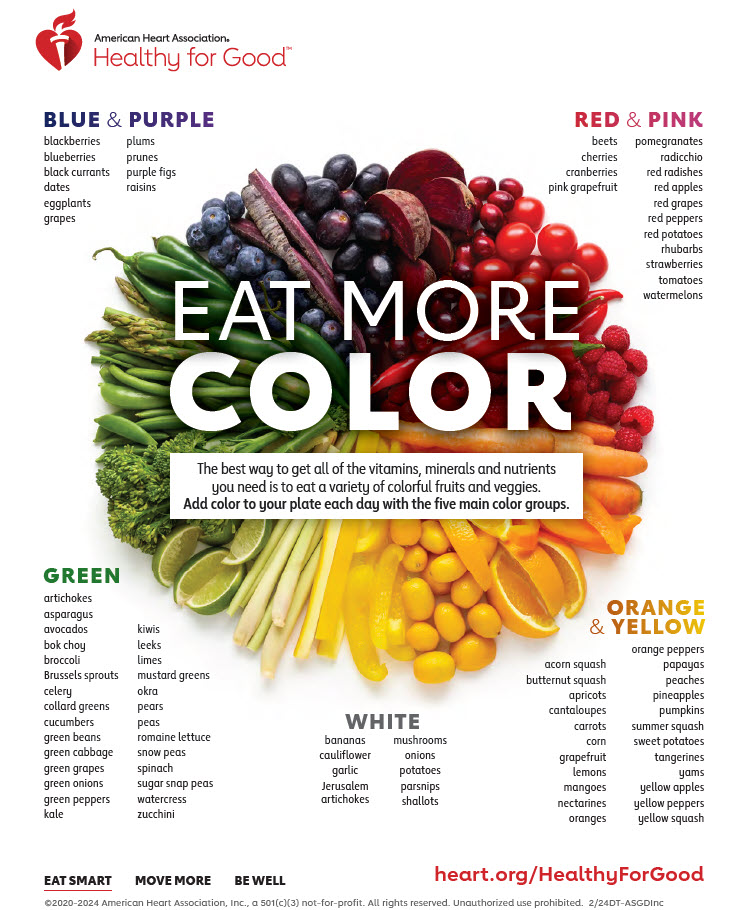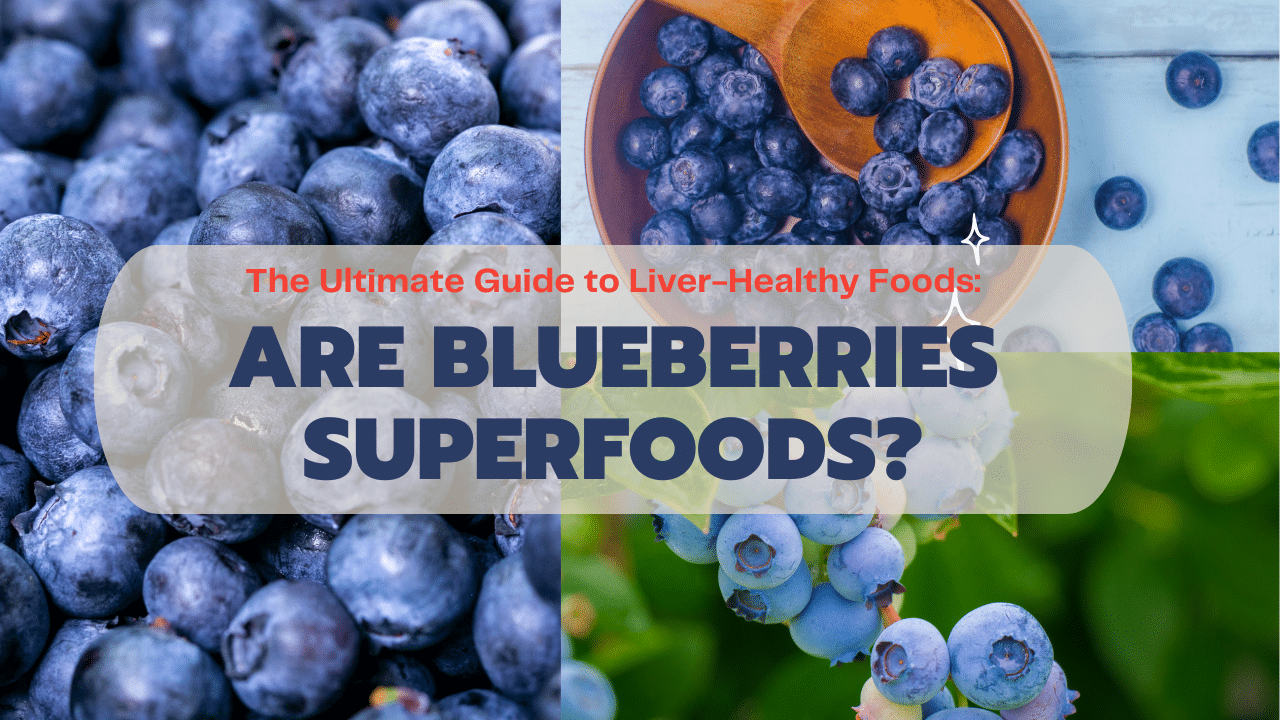A heart and healthy diet is crucial for maintaining overall cardiovascular health and preventing heart diseases. A balanced diet rich in fruits, vegetables, whole grains, lean proteins, and healthy fats is essential.
It helps to reduce the risk factors associated with heart disease, such as high cholesterol, high blood pressure, and obesity. Additionally, limiting the intake of sodium, added sugars and trans fats is essential for optimal heart health. By adopting a heart-healthy diet, individuals can improve their overall well-being- and reduce the likelihood of developing heart-related complications.

Credit: www.amazon.sg
Understanding Heart Health
Maintaining a healthy heart is crucial for overall well-being. The heart is vital in pumping oxygen-rich blood throughout the body, ensuring all organs receive nutrients and oxygen. To promote heart health, following a balanced and nutritious diet is essential. A healthy diet should include a variety of fruits, vegetables, whole grains, lean proteins, and healthy fats. These nutrient-rich foods are necessary to maintain normal blood pressure and cholesterol levels and reduce the risk of heart disease, heart attacks, and strokes. A heart-healthy diet can also help prevent and manage common heart conditions, including hypertension, coronary artery disease, and heart failure. You can effectively reduce the risk of these conditions by consuming a diet low in sodium, saturated fats, and added sugars. It is also essential to look for signs of a healthy heart, such as maintaining a regular heartbeat, normal blood pressure, and good cholesterol levels. Ultimately, prioritizing heart health through proper nutrition makes it possible to lead a long and healthy life.

Credit: www.heart.org
Critical Nutrients For A Healthy Heart
Macronutrients, essential micronutrients, and superfoods are crucial in maintaining a healthy heart. Macronutrients like carbohydrates, proteins, and fats are necessary for energy production, muscle function, and hormone production. Consuming a balanced ratio of these macronutrients is essential to support heart health.
Essential micronutrients such as vitamins (including vitamin D, vitamin E, and B vitamins), minerals (including potassium, magnesium, and calcium), and antioxidants are vital for protecting against oxidative stress and inflammation and maintaining normal heart function. Including various fruits, vegetables, whole grains, nuts, and seeds in the diet can help ensure an adequate intake of these micronutrients.
Another critical aspect of a heart-healthy diet is incorporating superfoods like fatty fish (rich in omega-3 fatty acids), berries (high in antioxidants), leafy green vegetables (rich in fiber and vitamins), and dark chocolate (containing flavonoids). These superfoods offer numerous cardiovascular benefits and should be regularly included in a balanced diet.
Creating A Heart-healthy Diet
When planning a heart-healthy diet, it’s crucial to consider the types of foods you include in your meals. Plant-based diets have been shown to have numerous benefits for cardiovascular health compared to animal-based diets. Plant-based options like fruits, vegetables, whole grains, and legumes are rich in fiber, vitamins, and minerals, which can help reduce the risk of heart disease. Choosing the right fats and oils is also essential. Opt for healthier sources, such as avocados, nuts, and olive oil, high in monounsaturated fats. Reducing sodium intake is another critical factor in a heart-healthy diet. Excessive sodium consumption can contribute to high blood pressure, so limit processed foods and season with herbs and spices instead. Lastly, building a balanced meal plan is essential. Incorporate a variety of nutrient-dense foods and ensure proper portion sizes.

Credit: www.walkinlab.com
Frequently Asked Questions On Heart And Healthy Diet
What Is Considered A Heart Healthy Diet?
A heart-healthy diet focuses on eating nutritious foods that promote heart health. This includes consuming various fruits, vegetables, whole grains, lean proteins, and healthy fats. Avoiding excessive salt, sugar, and unhealthy fats is also essential.
What Is The Best Food To Eat For A Healthy Heart?
To maintain a healthy heart, focus on a balanced diet with plenty of fruits, vegetables, whole grains, lean proteins, and healthy fats. Incorporate foods like salmon, nuts, berries, leafy greens, and olive oil, known to support heart health.
What Foods Should Heart Patients Avoid?
Heart patients should avoid foods high in saturated and trans fats, such as fatty meats, fried foods, and full-fat dairy products. They should also limit their sodium, processed foods, and sugary drinks intake. A heart-healthy diet comprises fruits, vegetables, whole grains, lean proteins, and low-fat dairy products.
What Is The 3-Day Heart Attack Diet?
The 3-day heart attack diet is a short-term diet that claims to help jumpstart weight loss and improve heart health. However, it is not a medically recommended or proven plan, and scientific research does not support its long-term effectiveness and safety.
Following a balanced and nutritious diet approved by healthcare professionals for optimal heart health is essential.
Conclusion
Maintaining a healthy diet plays a crucial role in keeping your heart healthy. You can lower the risk of heart disease by choosing nutrient-rich foods, reducing salt and sugar intake, and including plenty of fruits, vegetables, and whole grains in your meals.
Additionally, staying physically active and maintaining a healthy weight supports heart health. Remember, small changes in your diet can make a big difference in protecting your heart. Embrace a heart-healthy diet and live a longer, healthier life.